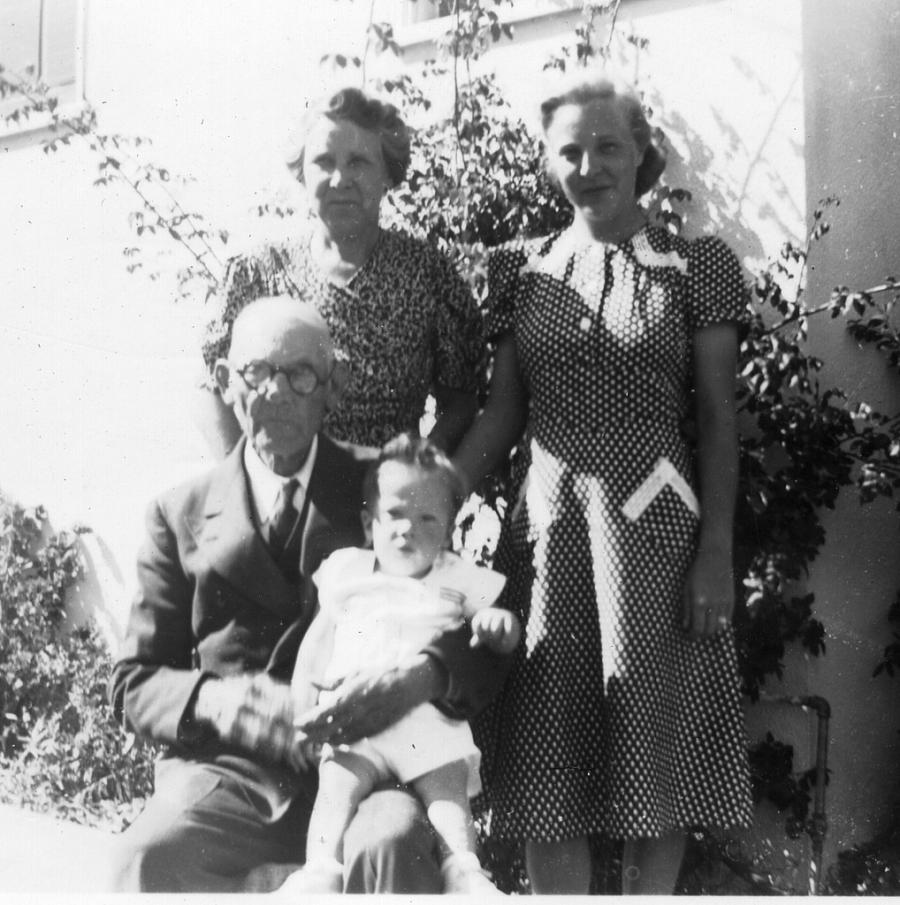Medicare: The Most Important Health Story of 2012

 Forget hospital errors! Forget the doc fix! Forget even the legal challenge to health reform.
Forget hospital errors! Forget the doc fix! Forget even the legal challenge to health reform.
As important as those issues are, they are not as crucial to as many people as the coming debate over what kind of a program Medicare might become. The outcome will determine whether nearly 50 million older and disabled people will be able to afford health care at all and what kind it will be. I am confident that Medicare will be an A list topic in the presidential campaign, and we journalists need to be on the story.
Covering Medicare is tricky, and it's easy to leave it to the Beltway guys. Boston Globe health reporter Kay Lazar once told me: "every time I do a Medicare story my knees tremble."
But knowing some basics about the program will help you cut through the misinformation and disinformation that will swirl around the issue as the campaign moves into overdrive. It's important to understand what Medicare is; how it is financed; what's behind the drive to change it; and who gains and loses when politicians talk about strengthening Medicare to save it.
For starters, Medicare is not private insurance like the kind we get from employers. It is social insurance - one path that governments across the globe have taken to alleviate poverty among their citizens. In the United States, Medicare has helped reduce poverty among the disabled and those over 65 by providing coverage for medical care. It provides everyone with the same basic benefits and covers almost all of a person's hospital costs and a good chunk of their outpatient medical costs. When it was set up in 1965, the program called for everyone to pay the same premiums and coinsurance, the percentage of a bill that you must pay. Anyone who contributed to the program during their working years has earned a right to a benefit, the same way they have earned a right to Social Security benefits.
When you consider that the median income for older women receiving Social Security is only about $15,000 a year and for men about $26,000, you can see why they get upset when there's talk of cutting benefits or ending the program. Without it, they would get no health care.
Medicare created one gigantic risk pool, and all seniors are in it. The risk of illness is spread among everyone, and that makes it possible to insure very old and sick people for a reasonable cost. With private insurance, there are thousands of risk pools, and that's why people who don't belong to a group must pay more for their coverage. There's no way to spread the risk when the individual gets sick. The difference: With Medicare people are in the risk pool by matter of right created by the contributions they made.
When you design a large risk pool using private insurance, the government must force people to buy coverage under the threat of a tax penalty in order to broaden the pool and spread the risk. That's what the health reform law does.
How seniors pay for Medicare is not well understood, probably because Congress did not make it simple from the beginning. Payroll taxes finance hospital coverage. Like Social Security, today's workers pay payroll taxes, which pays for the care seniors now on Medicare need when they go to the hospital.
Part B or medical coverage which includes doctors' visits, out-patient hospital stays, and lab services, is financed differently. Seniors pay premiums for Part B services, and the premiums usually rise each year. The rest of the money needed to pay for these services comes out of the government's general revenues.
So when you hear that Medicare is going broke, a phrase the media carelessly toss around, it's important to know just what they are talking about. Is it the hospital trust fund that has cloudy financial projections, or is that Medicare Part B is costing the U.S. treasury too much?
Better yet, avoid using the term "going broke" even if the politicians scream it during their stump speeches. It's a scare phrase to attract attention, but does little to explain what's going on.
Medicare Part D, also known as the prescription drug benefit, is a different creature. Unlike hospital and medical benefits, which are provided by the government, private insurance companies provide the benefit following rules Medicare sets. The idea was to inject private market competition into the program. That's why there are so many - perhaps too many - choices for seniors. Benefits vary from carrier to carrier and so do the premiums seniors pay.
Anyone tackling Medicare, whether for a consumer or a political story, needs to understand how Part D came about. When the law creating it passed in 2003, Harvard professor Theda Skocpol remarked: "The genius of Medicare was that it included poor people and the middle class. It wasn't designed as charity or welfare."
That's why public support for Medicare is so strong. That began to change with Part D. In my next post, I will explore how that law started to transform Medicare from social insurance into private insurance like most Americans have. That transformation is the crux of the coming debate.
Photo credit: John Atherton via Flickr

